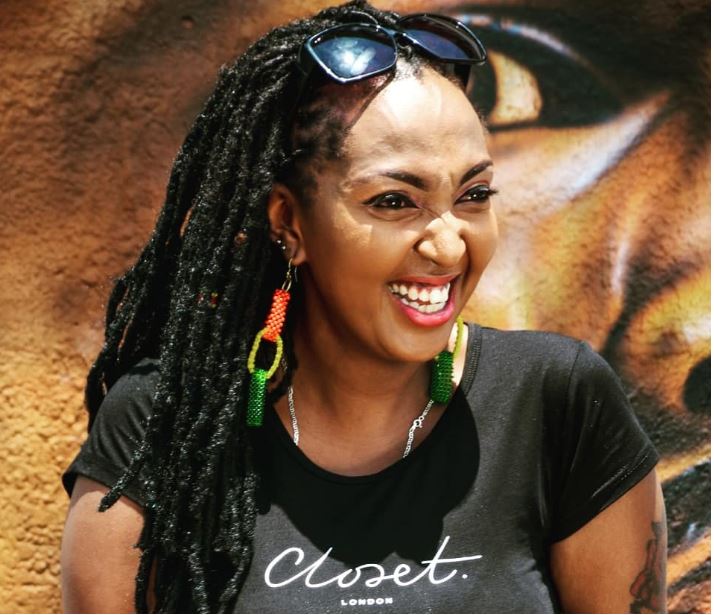
When did you start doing music?
I started singing reggae music in 2012. At that time I was not writing my songs, but working as a vocalist and back-up vocalist for a Kenyan reggae band the Sojourners. I started recording and writing my own songs in 2017.
Did you study music or it’s just a talent well utilised?
I went St Anne’s and Apostolic Carmel Girls for my primary school and secondary school education respectively.
Currently, I am pursuing my masters in Psychology at the University of Nairobi.
In 2013 I got a chance to enrol in an exchange programme called Communication for Change in Norway.
We lived and studied at Sunmore Folk High School, which allows people to fully develop their talents and career choices before joining university or whichever path they would choose.
While there, I learnt about music, intercultural studies and leadership and I also got the opportunity to record my first soft rock music titled Dancing In The Rain.
Who has been your greatest support in music?
When I started my music journey, both my late father and grandfather were my inspiration; actually, they were behind me starting to sing.
However, after their demise, my mum, sister, son and husband have been the greatest support system for my music career.
So, why did you decide to do reggae and not any other genre?
I love reggae music, but that has not stopped me from exploring my talent and that’s not the only type of music I can do; I can rap, sing and do poetry, which not so many people know of.
I have also collaborated with artistes who do Afro pop, hip-hop and Latin music, which I love doing. Besides Kenya, I have also performed in Uganda, Norway and Sweden.
Who are your inspirations in reggae music?
Growing up I listened to a lot of Bob Marley and UB40. The late Akae Beka always gives me chills; his music is so spiritual and deep that I reason and meditate with.
I love Etana, Treesha, Jahnine, Lavosti and Shamir. Consciousness all the way.
Tell us about your single People Rise. What was the inspiration behind it?
People Rise came at time when I was at my worst; I was just not interested in doing music anymore, but with a little push from my manager, I was able to get help in writing the lyrics from Ruzira Lavosti and we were able to record and finish the song.
I consider it one of the best songs I have ever done and I appreciate Kevin Hill 24/7 music production based in Chesapeake, Virginia, USA, for having me be part of this riddim.
What are some of the challenges facing reggae artistes in Kenya?
There are quite a number, especially with us female artistes. To even get your song played in some local radio stations is an issue and deejays rarely play our songs, a thing that would promote local talent.
Many reggae artistes in Kenya are struggling to have their music played or securing shows, and with the Covid-19, everything became more difficult.
How do the Kenyan reggae market compare to others in the world?
We are slowly getting there; it just needs the reggae fraternity to unite, do trainings, research and acknowledge raw talents.
In this way, we’ll fight to get to the top and when we’re at the top, all of us would be winners.
Does your career interfere with your personal life?
Through the years, I have learned so much about personal development, family time and music.
Somehow, I have found a plan to balance and manage the situation. I am grateful to have a great support system because at the end of the day, that’s all that counts because peace of mind is an achievement in itself.
source http://nairobiwire.com/2021/01/salma-queen-meet-kenyas-reggae-songbird.html
No comments:
Post a Comment